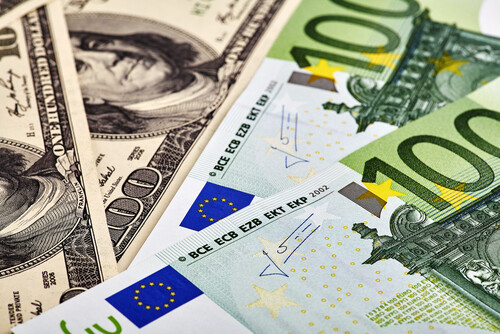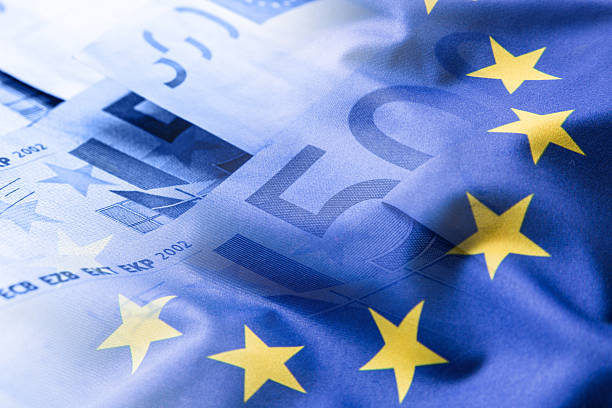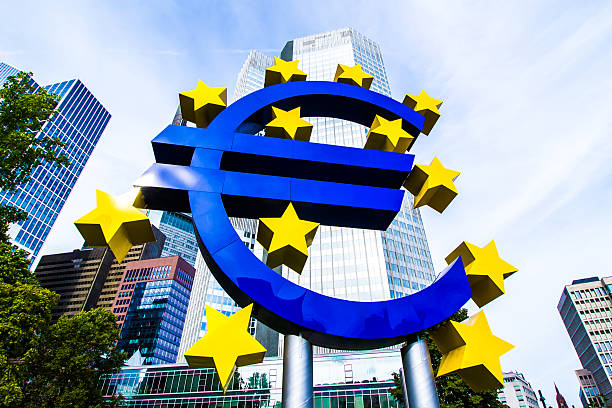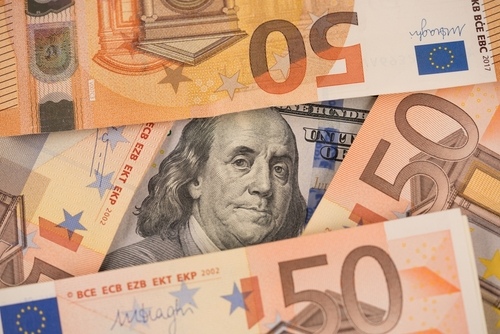EUR/USD remains below 1.0600 amid safe-haven flows, awaits ECB Lagarde's speech

- EUR/USD faces challenges due to safe-haven flows amid escalating Russia-Ukraine conflict.
- Traders anticipate that the incoming Trump administration's pro-inflationary policies could support the US Dollar.
- The Euro weakened due to fears over potential US trade tariffs' impact on Eurozone growth.
EUR/USD remains subdued as the US Dollar (USD) appreciates, possibly driven by the safe-haven flows amid escalating tensions in the Russia-Ukraine conflict. According to a Reuters report late Tuesday, Ukraine deployed US-supplied ATACMS missiles to strike Russian territory for the first time, signaling a significant escalation on the 1,000th day of the conflict. The EUR/USD pair trades around 1.0590 during the Asian trading hours on Wednesday.
In response, Russian President Vladimir Putin broadened Russia’s nuclear policy to include the possibility of nuclear retaliation in response to significant conventional assaults. However, market anxieties lessened somewhat when Russian Foreign Minister Sergei Lavrov reassured that the government would take all necessary measures to avert a nuclear war.
The EUR/USD received downward pressure as the Euro weakened to an over-one-year low of $1.0496 hit last week, as concerns over potential US trade tariffs' impact on Eurozone growth. Additionally, the US Dollar (USD) receives support from investors’ expectations of pro-inflationary policies from the incoming Trump administration. These policies could drive up inflation, potentially prompting the Federal Reserve to slow the pace of rate cuts.
On Wednesday, European Central Bank (ECB) President Christine Lagarde is scheduled to deliver the opening remarks at the ECB’s Conference on Financial Stability and Macroprudential Policy in Frankfurt. The ECB faces a challenging situation as European inflation remains more persistent than initially anticipated by policymakers, while the broader European economy continues to show signs of imbalance.
Euro FAQs
What is the Euro?
The Euro is the currency for the 19 European Union countries that belong to the Eurozone. It is the second most heavily traded currency in the world behind the US Dollar. In 2022, it accounted for 31% of all foreign exchange transactions, with an average daily turnover of over $2.2 trillion a day. EUR/USD is the most heavily traded currency pair in the world, accounting for an estimated 30% off all transactions, followed by EUR/JPY (4%), EUR/GBP (3%) and EUR/AUD (2%).
What is the ECB and how does it impact the Euro?
The European Central Bank (ECB) in Frankfurt, Germany, is the reserve bank for the Eurozone. The ECB sets interest rates and manages monetary policy. The ECB’s primary mandate is to maintain price stability, which means either controlling inflation or stimulating growth. Its primary tool is the raising or lowering of interest rates. Relatively high interest rates – or the expectation of higher rates – will usually benefit the Euro and vice versa. The ECB Governing Council makes monetary policy decisions at meetings held eight times a year. Decisions are made by heads of the Eurozone national banks and six permanent members, including the President of the ECB, Christine Lagarde.
How does inflation data impact the value of the Euro?
Eurozone inflation data, measured by the Harmonized Index of Consumer Prices (HICP), is an important econometric for the Euro. If inflation rises more than expected, especially if above the ECB’s 2% target, it obliges the ECB to raise interest rates to bring it back under control. Relatively high interest rates compared to its counterparts will usually benefit the Euro, as it makes the region more attractive as a place for global investors to park their money.
How does economic data influence the value of the Euro?
Data releases gauge the health of the economy and can impact on the Euro. Indicators such as GDP, Manufacturing and Services PMIs, employment, and consumer sentiment surveys can all influence the direction of the single currency. A strong economy is good for the Euro. Not only does it attract more foreign investment but it may encourage the ECB to put up interest rates, which will directly strengthen the Euro. Otherwise, if economic data is weak, the Euro is likely to fall. Economic data for the four largest economies in the euro area (Germany, France, Italy and Spain) are especially significant, as they account for 75% of the Eurozone’s economy.
How does the Trade Balance impact the Euro?
Another significant data release for the Euro is the Trade Balance. This indicator measures the difference between what a country earns from its exports and what it spends on imports over a given period. If a country produces highly sought after exports then its currency will gain in value purely from the extra demand created from foreign buyers seeking to purchase these goods. Therefore, a positive net Trade Balance strengthens a currency and vice versa for a negative balance.







